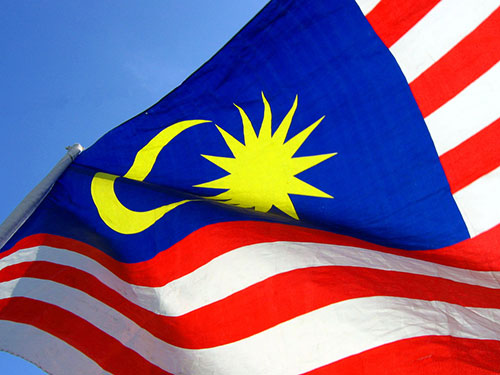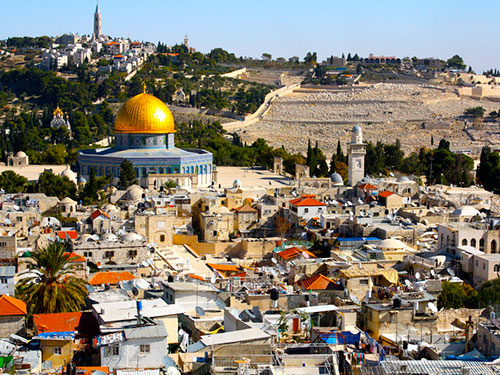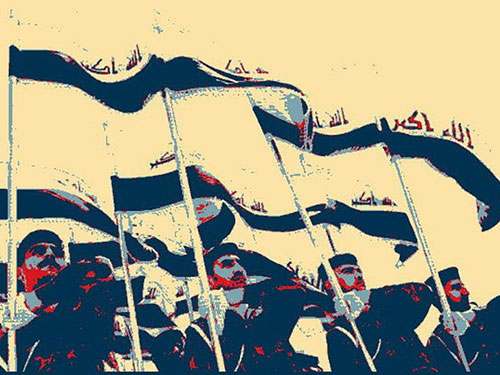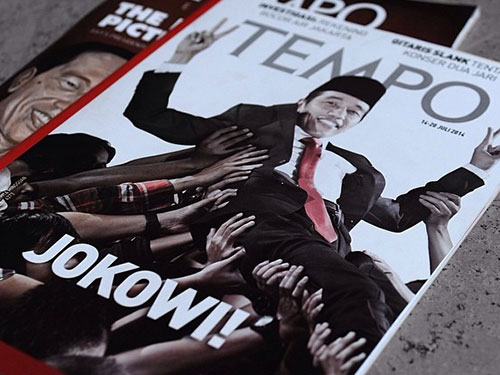
This article was originally published by the East Asia Forum on 5 December, 2015.
Malaysia ended its chairmanship of ASEAN as the grouping announced the establishment of the ASEAN Economic Community (AEC) in November 2015. The AEC intends to create a single market across the ASEAN region by standardising economic regulations including those on trade, flows of financial capital and labour migration. Malaysia is one of a few ASEAN countries that have pushed most strongly for initiatives to enhance intraregional economic cooperation. But there may be cause for disappointment in what Malaysia has achieved as ASEAN’s chair.
While ASEAN has announced that it has achieved more than 90 per cent of AEC targets, this does not appear to have brought many tangible benefits for either the region’s business community or ordinary people. Businesses continue to complain about overlapping rules and regulations that raise their costs when trading and doing business across borders. Though 10 countries have signed onto a framework that intends to direct the movement of skilled labour in the region, actual movement remains subject to the policies of individual nations. Ordinary people are yet to acknowledge that ASEAN initiatives have resulted in higher income and more job opportunities.




